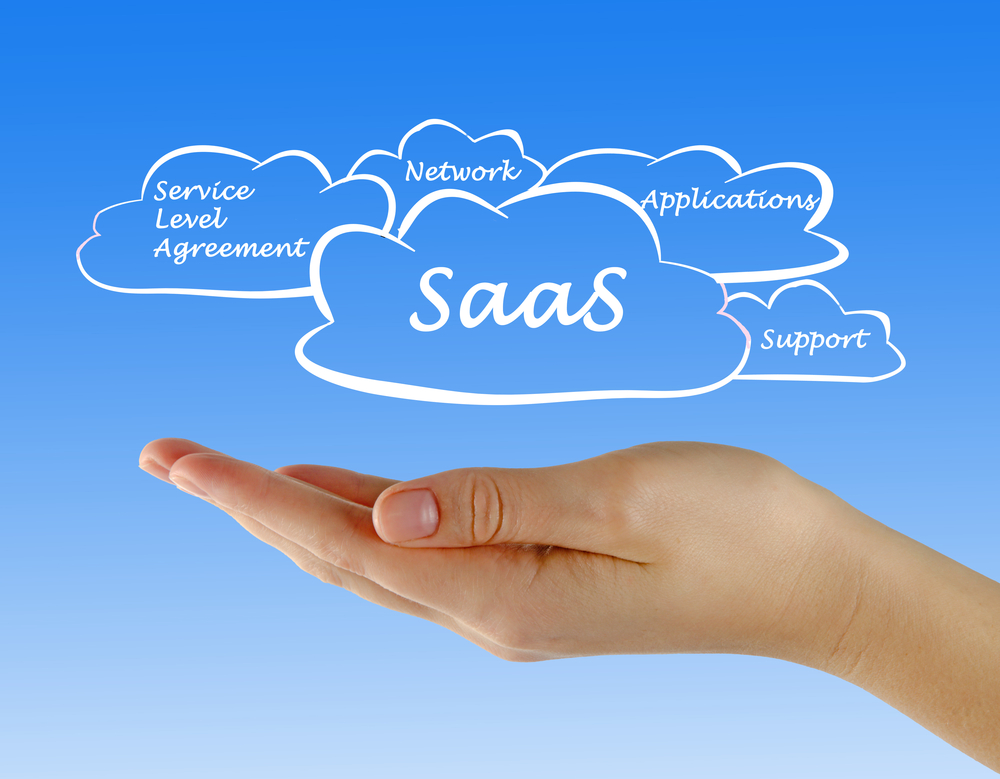
Building up your software as a service company is an exciting time, and it might have grown leaps and bounds beyond what you expected. But what happens after you’re ready to move on, open a new chapter to your life? Developing your exit strategy and determining the pros and cons of selling your SaaS company requires careful consideration. There are many options available to SaaS founders who exit their company properly, including early retirement or giving to philanthropy.
The first concern to contemplate with selling your SaaS company is the sell price and timing. Pricing can be tricky depending on how fast your company is growing and your overall revenue levels. Timing is one of the most important factors in making a big decision like this. Large companies do set aside tens of millions of dollars to buy assets such as your startup.
If you are newer to the market and your annual revenue is established, this will influence the amount of money you can receive. If you have already received traction, momentum and press and have already hit $1 million in ARR within nine months, this could be a potential sweet spot for sales because you could command premium money from larger tech corporations that want to cash in on your existing popularity.
If your company is farther along however, such as being in year five and have achieved 200k in MRR, your churn might be low but you could be growing exponentially. You’ll find that buyers are mostly interested in this stage in purchasing based on a multiple of your revenue. At late stage companies, where you’re growing at a steady rate, have engaged with venture capitalists and you’re pulling in over 1 million in MRR, there are many issues that will still be factored into the decision about whether or not now is the right time to sell. For example, your valuation might be too high for plenty of buyers in the market. It can be difficult to sell a company of over $400 million, especially if you do not have the right business broker to assist you with that process.
Some of the top issues to consider in your pro and con list include churn and momentum, your MRR and ARR multiples, how much venture capital funds you have already received, and the likelihood and size of potential offer to help you decide whether or not it would be worth it. A second concern in selling your SaaS company is company transition. You may have wondered if you could even stay behind after the buyout. There are many different small and important factors in a transition of this size, such as letting customers know what’s happening and letting staff know what they can anticipate. The transition of your SaaS can be made up of many challenging aspects. So consider partnering with a knowledgeable business broker who can help guide you through this process with these